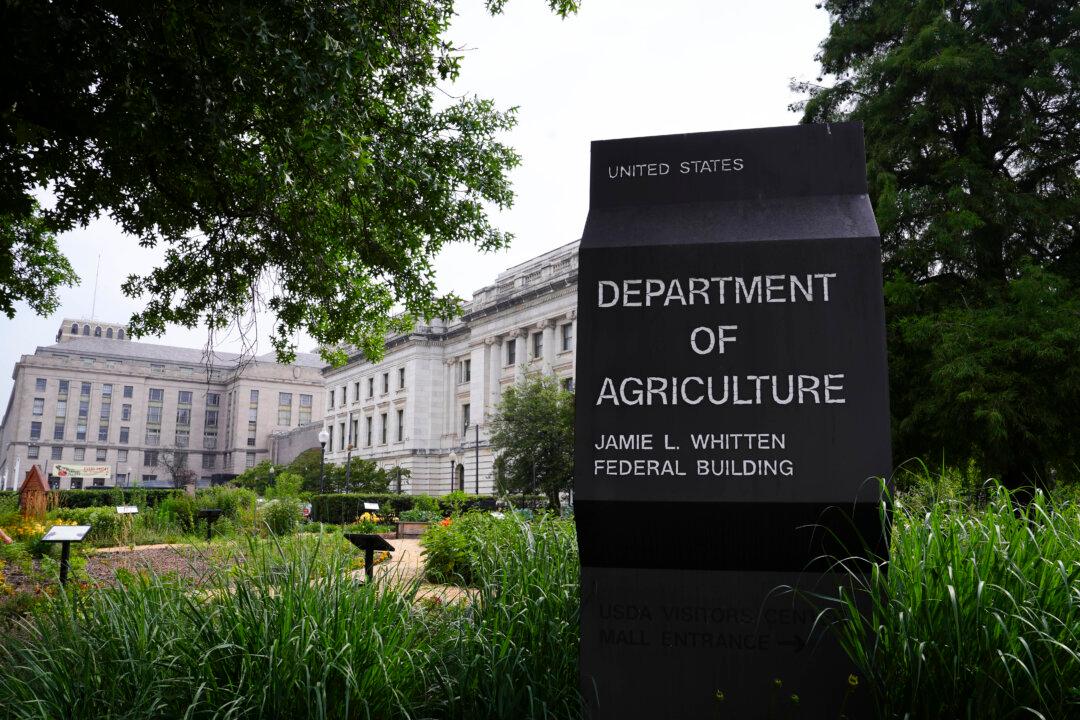A federal agency warned state governments that they should ensure the timely sending out of Supplemental Nutrition Assistance Program (SNAP) benefits after reports of delays in processing.
In a news release, the U.S. Department of Agriculture attempted to underscore the “urgency of the situation and encourages immediate state actions to improve” the delivery of SNAP payments, also known as food stamps.





